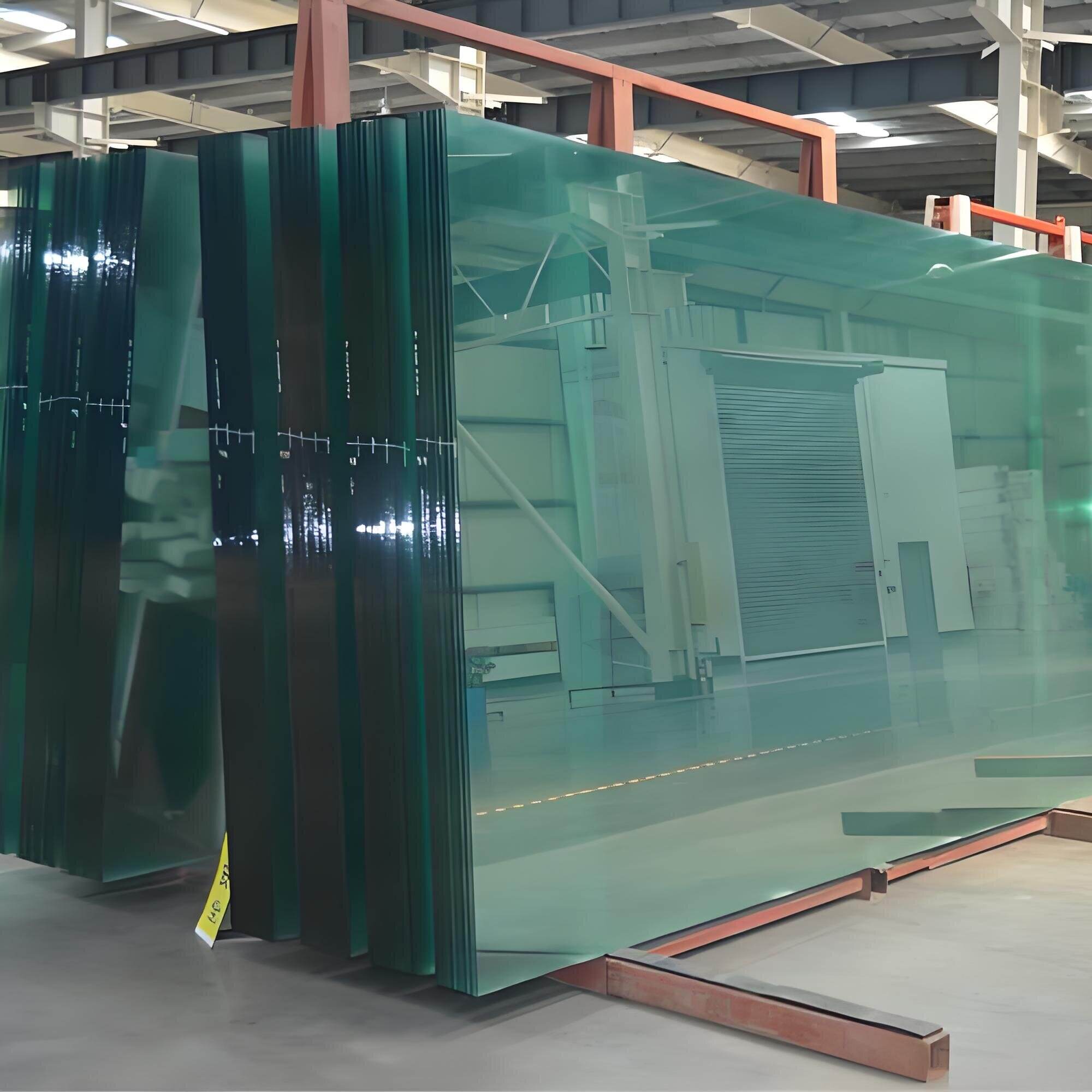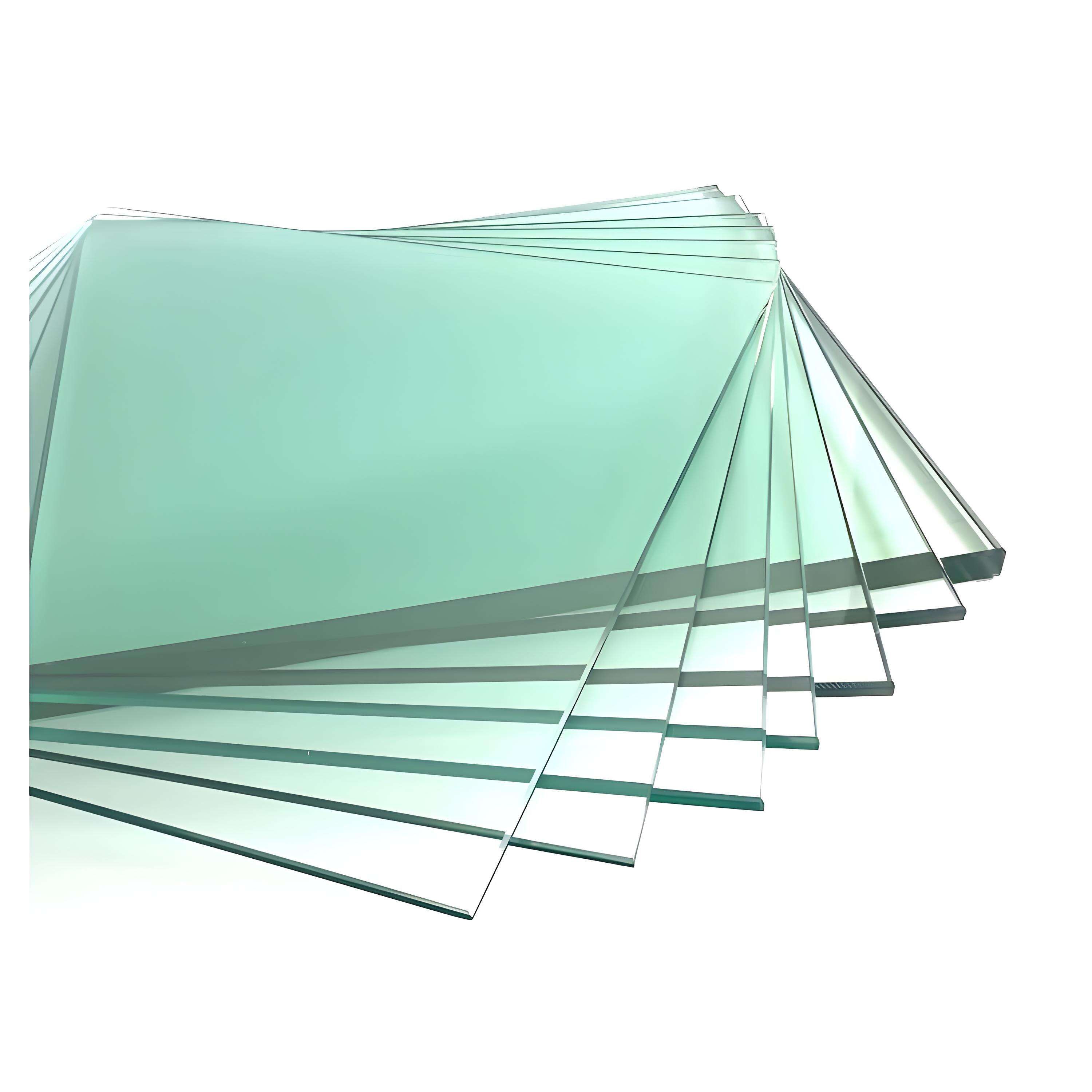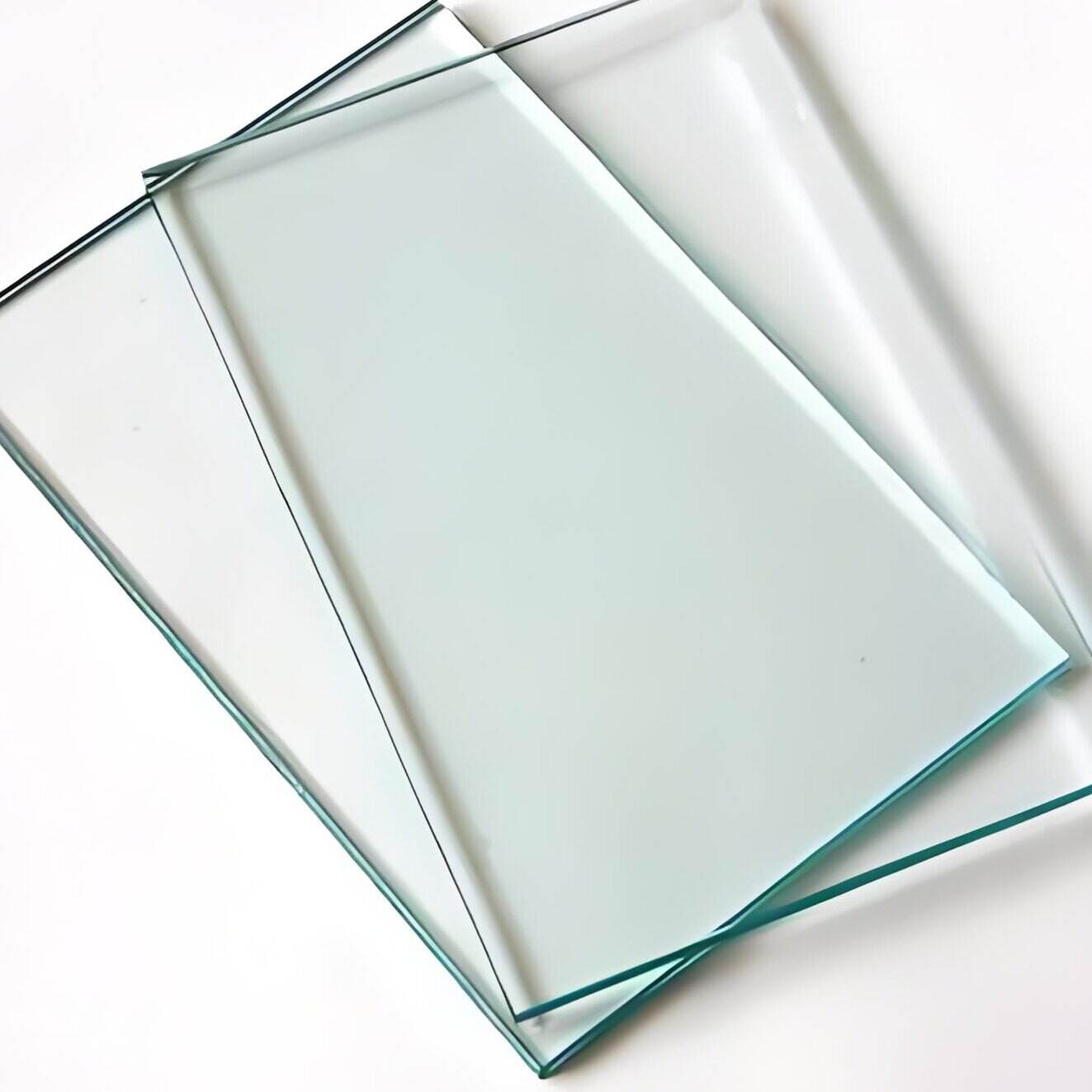transparent float glass
Transparent float glass represents a revolutionary advancement in glass manufacturing, characterized by its exceptional clarity, uniform thickness, and pristine surface quality. This sophisticated material is produced through the float glass process, where molten glass is poured onto a bed of molten tin, allowing it to spread evenly and create a perfectly flat surface. The resulting product exhibits remarkable optical properties with minimal distortion and excellent light transmission rates of up to 90%. The manufacturing process ensures consistent thickness ranging from 2mm to 19mm, making it versatile for various applications. The glass undergoes careful thermal treatment to enhance its structural integrity while maintaining its transparent nature. It serves as the foundation for numerous glass products, including windows, doors, facades, and architectural installations. The material's chemical composition typically consists of silica sand, soda ash, limestone, and other minor components that contribute to its durability and clarity. In modern construction and design, transparent float glass has become indispensable due to its ability to provide natural lighting while maintaining thermal efficiency and structural reliability. Its surface smoothness and optical clarity make it ideal for both residential and commercial applications, particularly in situations where visual clarity and aesthetic appeal are paramount.


